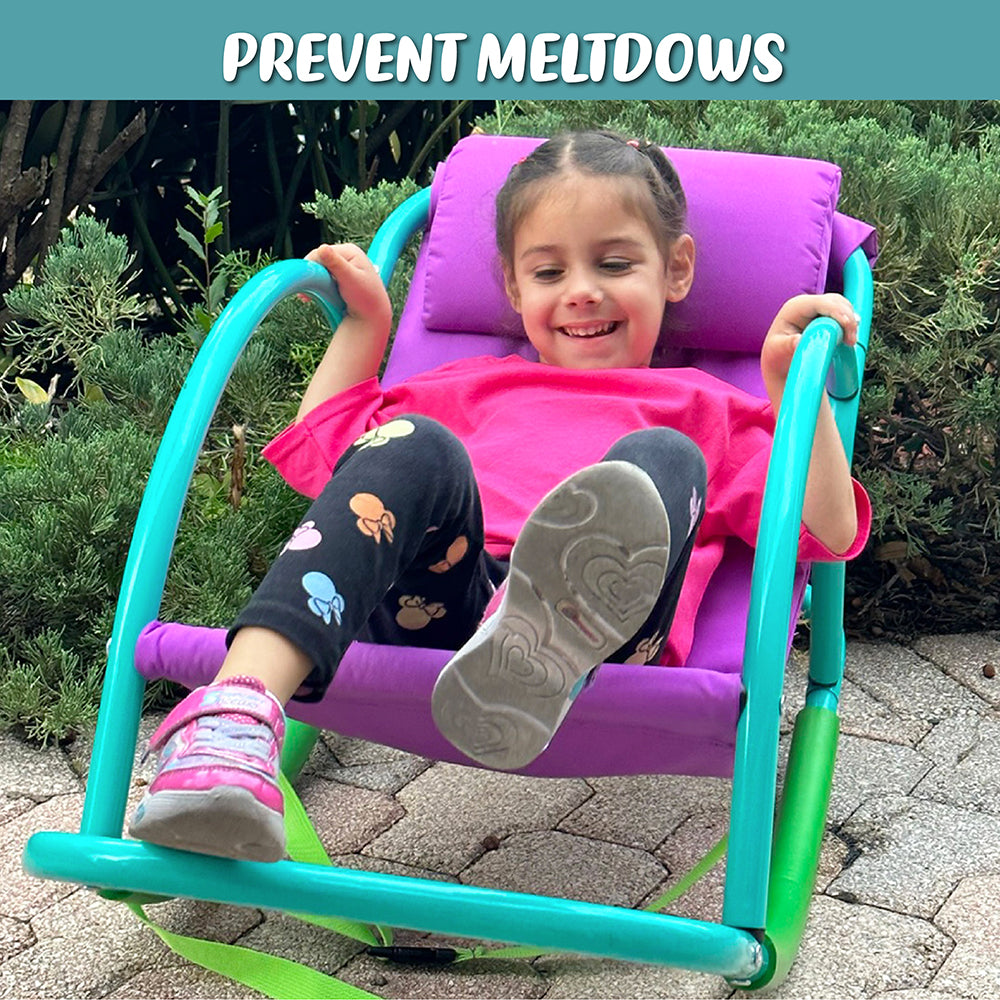
In a world where every child deserves to shine, fostering self-esteem in children with autism becomes not just a goal but a mission. The journey is filled with unique challenges and unparalleled triumphs, and technology has emerged as a powerful ally in celebrating these achievements. Let's explore how cutting-edge tools, apps, and platforms are revolutionizing the way we empower our autistic children, helping them build resilience and self-worth.
Celebrating Achievements: The Power of Digital Rewards
In the realm of autism, every milestone, no matter how small, is a victory. Digital platforms have created innovative ways to celebrate these achievements, turning each step forward into a moment of joy and pride. Apps like Autism Tracker and Birdhouse for Autism offer personalized tracking of progress, allowing parents and educators to record and celebrate each success. These platforms provide visual charts and positive reinforcement, making the child's accomplishments visible and tangible. One standout tool is the ClassDojo app, which allows teachers to award points for positive behavior and achievements. These points can be redeemed for rewards, creating a system of positive reinforcement that is both engaging and motivating. The visual and interactive nature of these platforms helps children with autism understand and appreciate their progress, boosting their self-esteem in the process.
Empowering Activities: Engaging with Technology
Technology has opened up a world of possibilities for children with autism, providing them with tools to engage in empowering activities that build confidence and skills. Apps like Proloquo2Go and Avaz are designed to enhance communication skills, giving non-verbal children a voice and a way to express themselves. These communication apps not only improve language skills but also empower children by giving them control over their interactions. Virtual reality (VR) has also made significant strides in creating immersive experiences that help autistic children develop social skills and emotional regulation. Programs like Floreo use VR to simulate social scenarios, allowing children to practice and build confidence in a safe and controlled environment. These experiences can be tailored to the child's needs, providing personalized and effective learning opportunities.
Skill Development: Building Competence and Confidence
Skill development is crucial in fostering self-esteem, and technology offers a plethora of resources to support this. Educational apps like ABCmouse and Khan Academy provide interactive and engaging lessons in various subjects, allowing children to learn at their own pace. These platforms often include gamified elements, turning learning into a fun and rewarding experience. For children with autism, focusing on their strengths is key to building confidence. Apps like Special iApps offer activities tailored to the unique needs of autistic children, focusing on areas such as fine motor skills, cognitive development, and sensory integration. By providing opportunities for success in these areas, these tools help children build a sense of competence and self-worth.
Creating a Supportive Environment: The Role of Parents and Educators
While technology plays a pivotal role, the support of parents and educators is equally important in building resilience and self-esteem in children with autism. Creating a supportive and nurturing environment at home and in school can make a significant difference. Encouragement, positive reinforcement, and celebrating achievements are essential components of this environment. Parents can use digital tools to stay informed and involved in their child's progress. Platforms like BrightAutism.org offer resources and support for families, providing valuable information and community connections. By staying engaged and informed, parents can better advocate for their children and support their development.
Incorporating Sensory-Friendly Tools: The Little Rocking Chair
 The Little Rocking Chair
The Little Rocking Chair combines ergonomic comfort, gentle motion, and sensory-friendly materials to create a harmonious sensory experience. It provides a calming and supportive environment, helping children with autism regulate their emotions and build resilience.
Looking Forward: The Future of Empowerment
As we continue to explore and embrace the potential of technology, the future of empowering children with autism looks promising. Emerging technologies like artificial intelligence and machine learning are set to revolutionize the way we understand and support autistic children. Personalized learning experiences, adaptive communication tools, and advanced tracking systems will provide even more opportunities for children to thrive. It's important to remember that every child is unique, and finding the right tools and approaches requires patience and understanding. By celebrating achievements, engaging in empowering activities, and focusing on skill development, we can help our children build resilience and self-esteem. For more resources and support, visit the
Bright Autism Blog or explore our
products. Together, we can create a world where every child with autism feels valued, confident, and empowered. Let's continue to celebrate their unique talents and successes, and provide them with the tools they need to shine bright.
 In a world where every child deserves to shine, fostering self-esteem in children with autism becomes not just a goal but a mission. The journey is filled with unique challenges and unparalleled triumphs, and technology has emerged as a powerful ally in celebrating these achievements. Let's explore how cutting-edge tools, apps, and platforms are revolutionizing the way we empower our autistic children, helping them build resilience and self-worth.
In a world where every child deserves to shine, fostering self-esteem in children with autism becomes not just a goal but a mission. The journey is filled with unique challenges and unparalleled triumphs, and technology has emerged as a powerful ally in celebrating these achievements. Let's explore how cutting-edge tools, apps, and platforms are revolutionizing the way we empower our autistic children, helping them build resilience and self-worth.
 The Little Rocking Chair combines ergonomic comfort, gentle motion, and sensory-friendly materials to create a harmonious sensory experience. It provides a calming and supportive environment, helping children with autism regulate their emotions and build resilience.
The Little Rocking Chair combines ergonomic comfort, gentle motion, and sensory-friendly materials to create a harmonious sensory experience. It provides a calming and supportive environment, helping children with autism regulate their emotions and build resilience.










Leave a comment